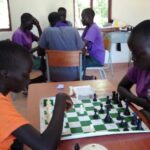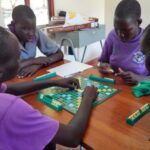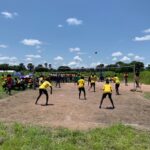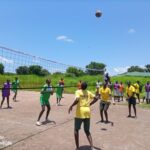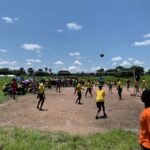Every couple of months in Loreto Rumbek, we have a celebration. It’s something of a bittersweet gathering with pizza, Coke, a few tears, and plenty of good humour. We had one only last Wednesday. They mark the departure of the graduates from our intern programme as they go on to further education. This time, we had three go to university in Nairobi, where two will study business, and one brave soul will train to become a social worker. Where she will even begin when she returns here is a mystery to me, but it is a welcome start. They will be welcomed in Nairobi by twenty other Loreto graduates who have gone before them and have, in fact, paved the way for them. Among our alumni we have women studying nursing, teaching, logistics, child protection, commerce, and medicine.
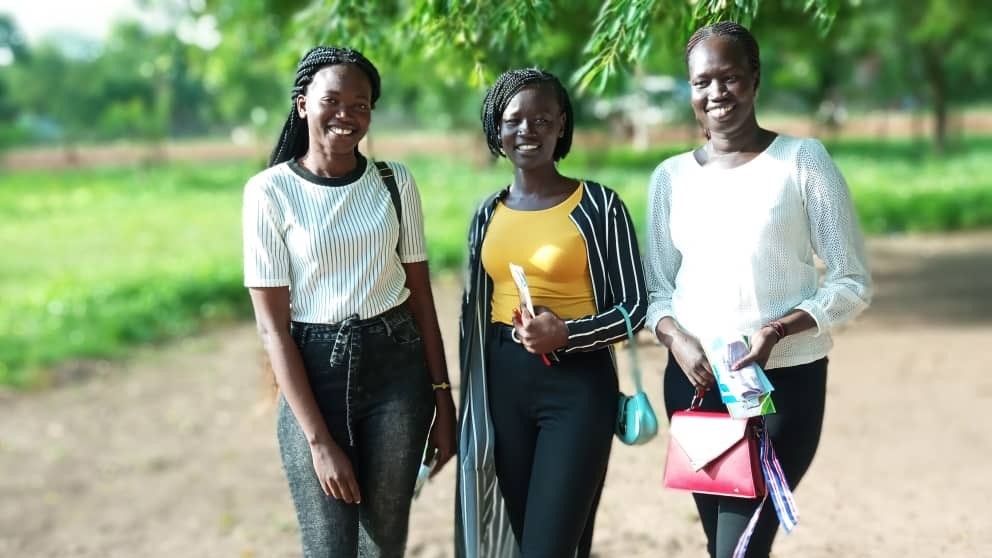
As I have mentioned before, decent education is a rare and precious commodity in South Sudan. Anytime I’m driving to a nearby school or going into the local town, I’m struck by the number of children who are out tending cattle, instead of being in class. Boy and girls, who are younger than my own niece of seven spend their entire day bringing the goats, sheep, and cows to the watering hole and back again. Many are dwarfed by the size of the animals they look after. Their education will be sporadic at best, but more likely non-existent.
Last week, we had our entrance of our Loreto Primary and take up was brisk. Families contribute the equivalent of the cost of a chicken for a year’s education, a daily meal, and free healthcare in our clinic. When we had the entrance exam for our secondary school last month, demand was once again far in excess of what we had available. The secondary girls have just finished their end of term exams and started their holidays, but we are looking forward to welcoming them back, along with our new first years at the beginning of September.
- Chess and Scrabble championships at Loreto Rumbek. “The students love competitions,” writes Fr Alan Neville MSC.
- Chess and Scrabble championships at Loreto Rumbek. “The students love competitions,” writes Fr Alan Neville MSC.
The children who get into primary school are fortunate to have access to basic education denied to many of their peers. Girls who manage to get into secondary school even more so, but where do they go to from there? One of Loreto’s most successful programmes is the internship programme. Each year, secondary school graduates apply to return to the school to become an intern. This means they work across a wide variety of roles, such as teaching assistants, translators in the clinic, administrators in the school office, or team leaders in the agricultural project.
Interns who work for one year will have their third-level course funded anywhere within South Sudan. However, if they successfully complete two years, we fund their university education in Kenya, where the standard is significantly higher, and the options afterwards are far greater. At €5,000 per university student for studies, accommodation, health, and food, it is a significant investment, but one that is ultimately worth it.
- Loreto Rumbek Sports Day, August 2021
- Loreto Rumbek Sports Day, August 2021
- Loreto Rumbek Sports Day, August 2021
Coming back to the three women from last week’s celebration, they took off from Rumbek on Saturday with their tickets firmly in hand. They will have only a week to prepare their documentation, arrange passports, and sort out COVID tests before flying to Kenya. It is undoubtedly an exciting time. To reach as far as they have demonstrates their extraordinary commitment to education in the face of nearly overwhelming odds. Each one has a story of determination and sacrifice that is simultaneously unbelievable and inspiring. This latest step is only one more in a journey which will hopefully lead them home, and they can help in the building up of their community, especially opportunities for girls and women in South Sudan.
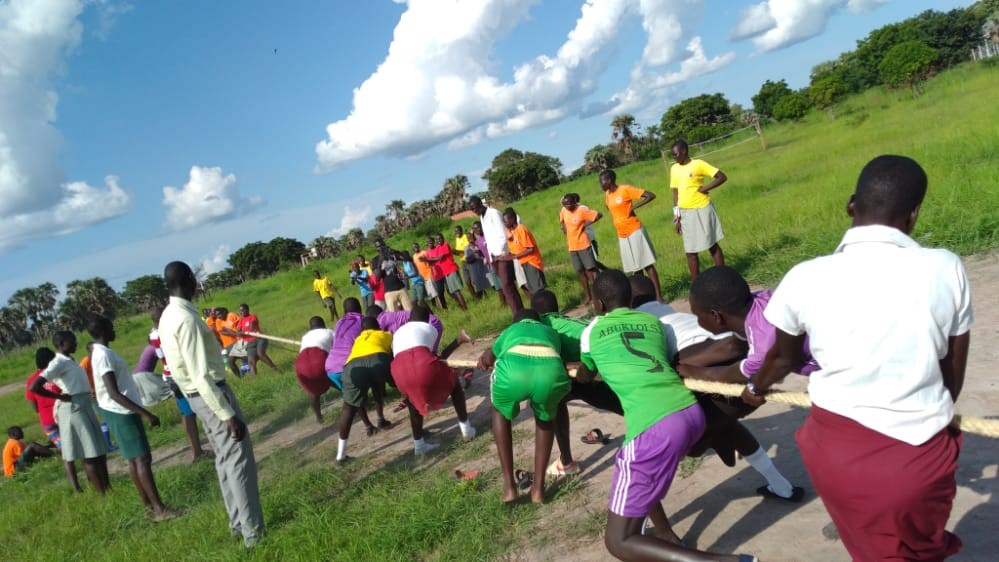
Read more from Fr Alan’s missionary journey in South Sudan:
- Looking for a Sign on the Way to South Sudan
- Building a Better Future in South Sudan
- Christmas Greetings from Fr Alan in South Sudan
- A Cup of Sugar and Maybe a Goat
- Mock Exams and Real Life in South Sudan
- As Easy as Baking a Cake
- Holy Week on the Move
- Three Arrivals and a Party
- Celebrating the Missionary Life
- Seeds of Hope
- Young People Fighting COVID-19 in Rumbek
